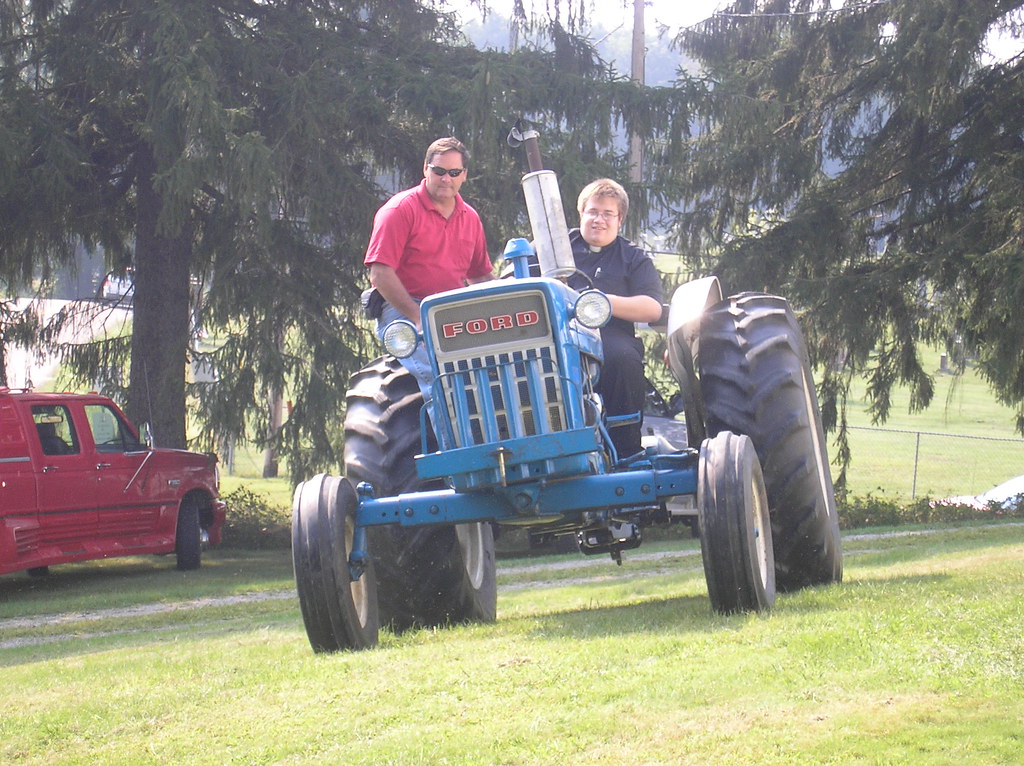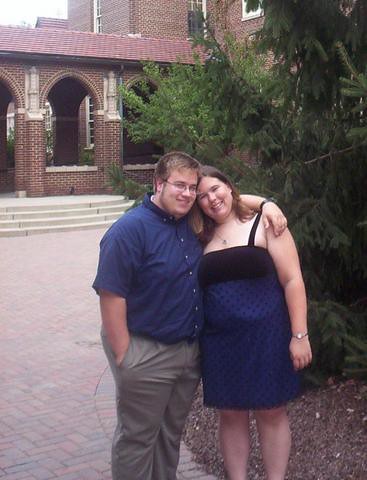I want to share with you a rather remarkable passage that I encountered in my reading for class tomorrow:
The Futrure of Protestant Worship: Beyond the Worship Wars
by Ronald P. Byars
Worship so very often seems as though it's intended for the neck up. We go in, sit down in a pew facing the front, staring at the backs of the people in front of us. Other than standing to sing or, in a few blessed instances, to pass the Peace, we do not move. I long for movement! I don't want to applaud for the children's choir whose song praises God on my behalf, but sometimes, when the music resonates in my body as well as in my soul, I would like to sway just a little as we sing. In fact, I would like to sing more, and sometimes engage in prolonged singing, and include in our some some things old and some things new, some things borrowed and some things our very own. There are times when I would like to cast asside my nothern European reserve and raise my hands. There are times, when the Holy Trinity is invoked, that I would relish making the sign of the cross, a reminder of my batism. In fact, I allow myself to bend fromt he waist in revence at the name of the Trinity, but I do so ever so slightly, so that no one shall notice who's not got an eye on my movements. I would like to go forward for communion, and I would like to make this symbolic pilgrimage, this playful journey toward the kingdom of heaven, every Sunday, and I want to sing glad songs as I do it. I was to smell the aroma of bread and wine, and feel its texture and its tase on my tongue. I want to be bodily present in worship, and not just intelectually present.
One of the things which happens all to easily, especiallya t a seminary, is that your faith becomes something that only happens from the neck up. It becomes an intelectual process alone. Not that we should not love and serve God with our minds, but remembering that we are also to love and serve God with our whole heart, soul, and strenght.
Subscribe to:
Post Comments (Atom)



No comments:
Post a Comment